#the lair of voltaire
Explore tagged Tumblr posts
Text
Aurelio Voltaire meets Bone Daddy at DragonCon 2023
#two of my worlds colliding#put them together? shut up and take my money!!!#ghost#ghost cosplay#aurelio voltaire#voltaire#the lair of voltaire
130 notes
·
View notes
Text


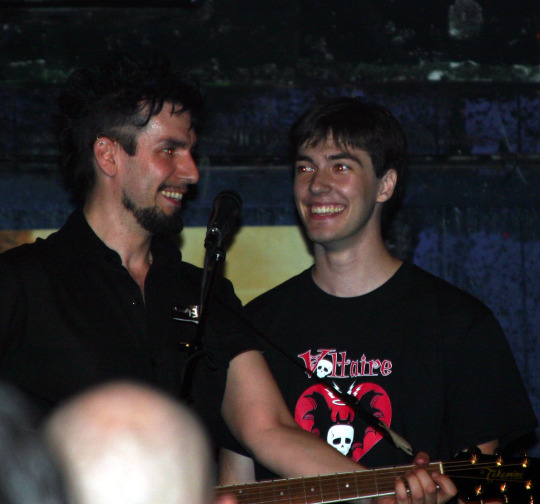

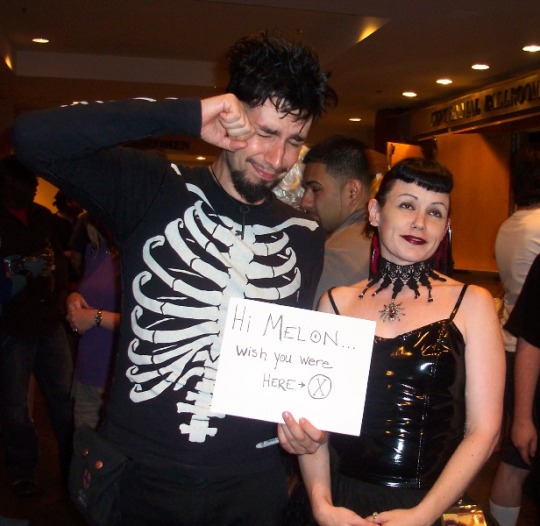
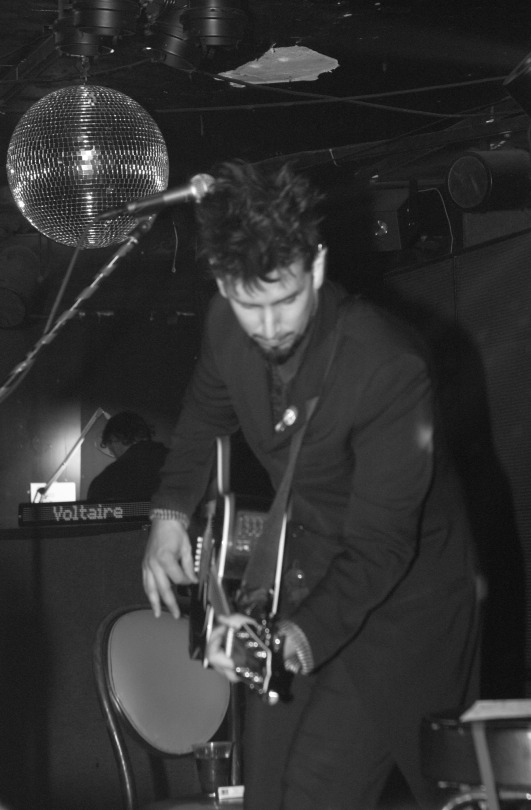


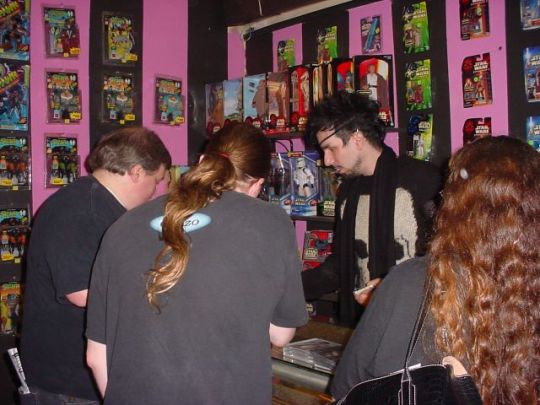
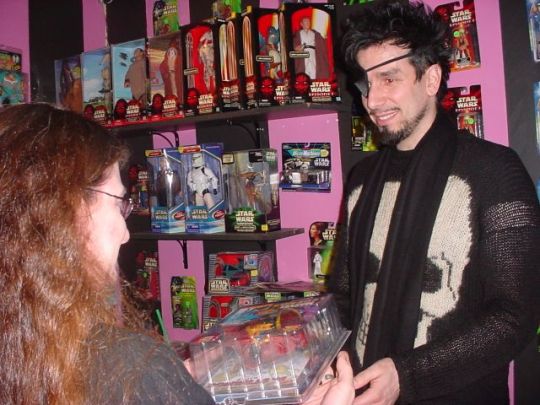
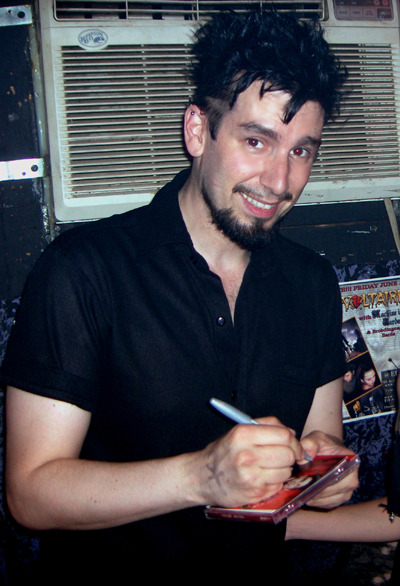
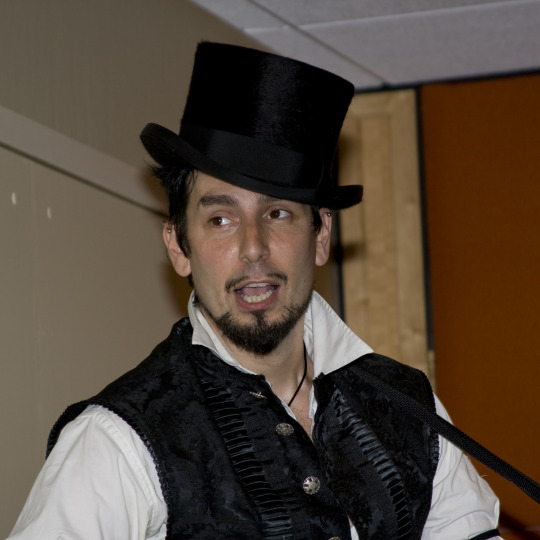






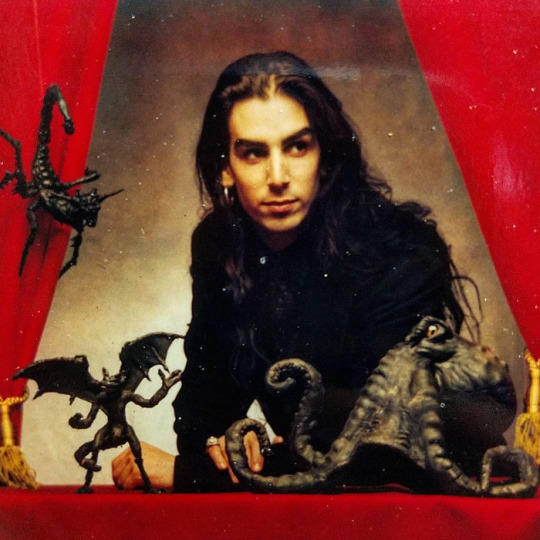
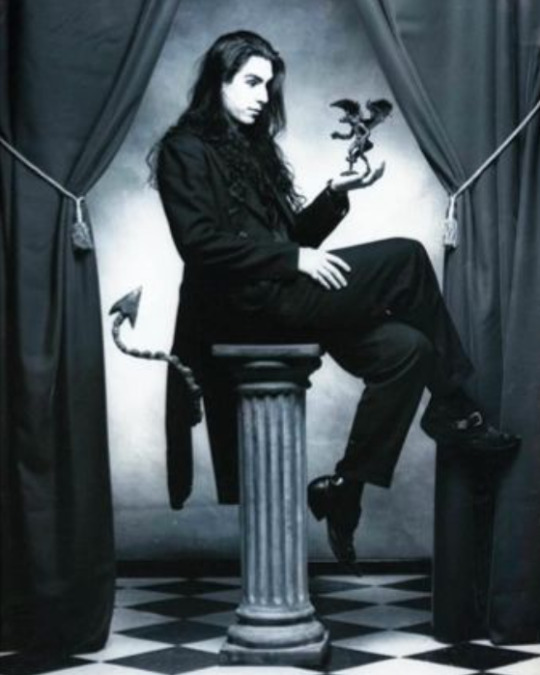






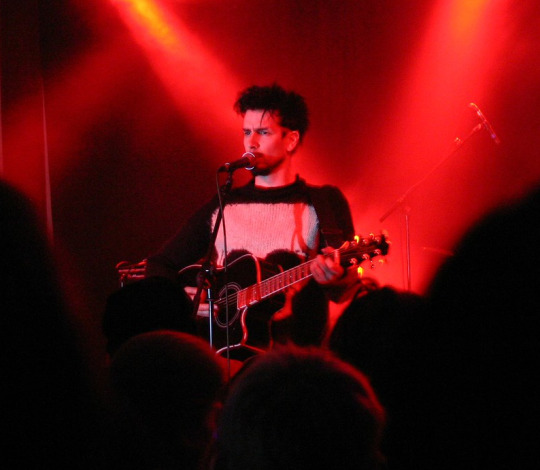

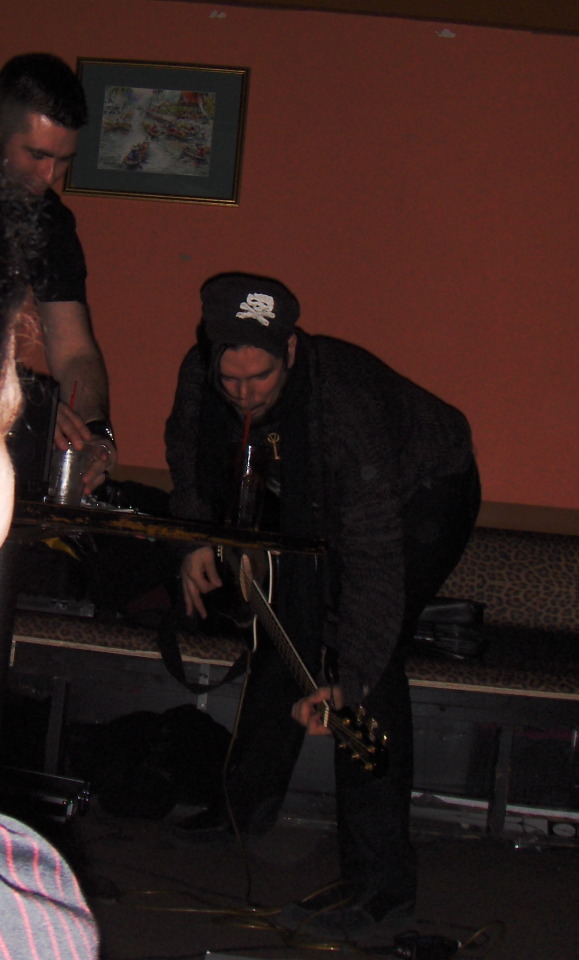

more old voltaire photos from my folder
#aurelio voltaire#young aurelio voltaire#voltaire#the lair of voltaire#goth#musician#goth musician#goth aesthetic#photos#concerts#my posts#obsessed with the last two pics where he leans down to take a sip from his drink#10/10 no notes#also this is a repost bc the previous attempt wasnt showing up in the tags...
119 notes
·
View notes
Text









not so random screenshots from Gothic Homemaking
#aurelio voltaire#goth#goth aesthetic#goth musician#gothic homemaking#the lair of voltaire#lilian tod vampire princess#idiot man#that moment he realises he's fucked up
10 notes
·
View notes
Text
Hey
You should listen to Voltaire I LOVE HIS MUSIC
Seriously though if you like gothic themes and dark themes and even wholesome depending on the song he’s the first I’ll recommend!
If you want recommendations for his songs I’ve got tons! Just tell me what vibes you want!!!
16 notes
·
View notes
Text
Friendly reminder to shop for spooky and goth pillows and tablecloths and stuff from Aurelio Voltaire's Society6
https://society6.com/aureliovoltaire/designs
link be wonky
https://society6.com/aureliovoltaire/collection


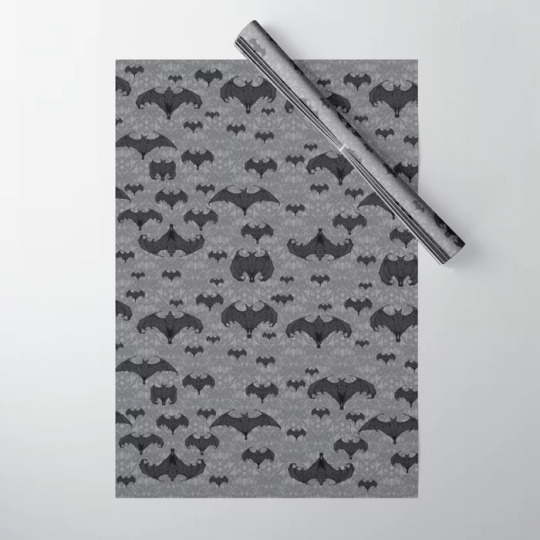

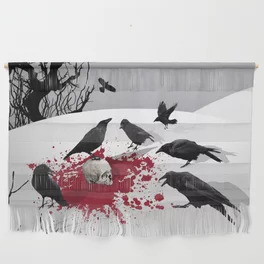
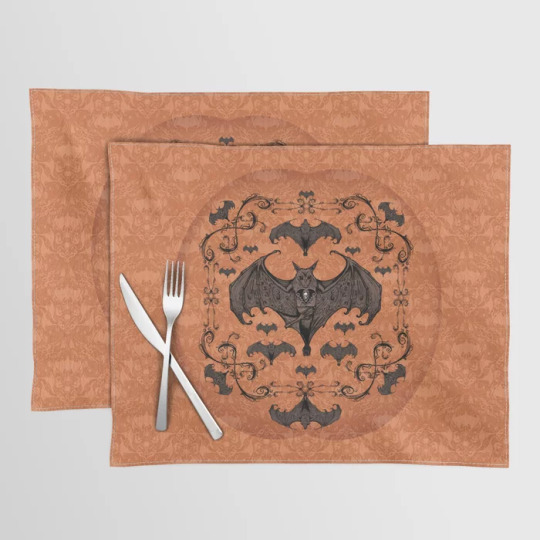


#society6#society 6#aurelio voltaire#goth#spooky#halloween#gothic homemaking#the lair of voltaire#why is there a tag for society 6 with a space but none for society6 without space#the proper name?????
12 notes
·
View notes
Text
youtube
0 notes
Text
yup yup... 😂

#aurelio voltaire#gothic homemaking#goth#new stuff anxiety#familiar stuff safety#the lair of voltaire#real entertainment
52 notes
·
View notes
Text
Royal Au Voice Head canon's
(They can all be found on YouTube :P)
Edd:
Golden Brown - The Stranglers (Slowed + Reverb)
Tord:
Will Smith - Arabian Nights
Matt:
The Night - The Lair of Voltaire
Tom:
Daniel In the Den - Bastille
#eddvengers#the eddvengers#eddsworld#eddsworld au#eddsworld edd#eddsworld matt#eddsworld tom#eddsworld tord#Royal Eddvengers Au
5 notes
·
View notes
Text



I can explain -
I'm so disappointed that Lair of Voltaire and Steam Powered Giraffe didn't even make it, AND SUNDAY DRIVER OR MOTIONLESS IN BLACK?!??
4 notes
·
View notes
Text
😭😭
Guys I need a hug from him so bad omg,,

FATHER FIGURE!! **COUGH COUGH**
#flops on the floor like a floppy flappy plushie#voltaire#aurelio voltaire#the lair of voltaire#i just need those hands on me
6 notes
·
View notes
Text

Damn, this man is the ultimate Goth Daddy 💀
6 notes
·
View notes
Text













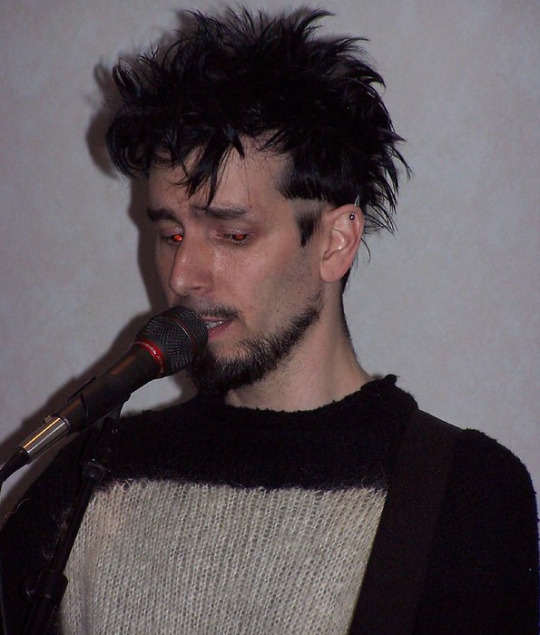














some fav (and rare!) voltaire photos from my embarrassingly huge collection. enjoy
#aurelio voltaire#voltaire#young aurelio voltaire#the lair of voltaire#i dont think any of these are older than 2013#my posts#photos#goth#music#goth aesthetic#2000s#goth musician#musician#might post more! theres almost 500 photos in my folder that i havent seen uploaded on tumblr... or anywhere ajhfdha
66 notes
·
View notes
Text


Another Voltaire/GH inspired drinking vessel. Abstract bat and lair.
#aurelio voltaire#goth#goth aesthetic#ceramics#ceramics art#painting ceramics#bat#abstract bat#bat coffee#gothic homemaking#the lair of voltaire
7 notes
·
View notes
Text
Madame Putiphar Readalong. Book Two, Chapter XIX:
Le baiser phantasmatique de Putiphar
(I reccomend reading @sainteverge 's endnotes of their translation of this chapter. There are many cultural and historical references i haven't covered here, that they did!)

Gustave Moreau's 1861 preliminary watercolor for his Oedipus and the Sphinx.
Confidently, Patrick arrives in Choisy-le-Roi. Borel is still preparing the scene with allusions for the apparition of the terrible Putiphar, the illustrated monster, the flesh devouring Sphinx. We are made to wonder if Patrick, although not inexperienced in negotiating with dangerous, powerful people (Lord Cockermouth, Chris, etc) knows what exactly he’s getting into.
Patrick is confident in his ability to not only convince but also get access to this powerful woman. He has already been successful in winning Father Dillon’s mistress, and expects to work his refreshingly innocent seduction with her as well.
And in fact, beauty, youth and candidness are precisely what charm Putiphar’s lady in waiting, (actual historical person and writer of memoirs Mme. de Hausset)
Like the virtuous prince in a fairytale, Patrick speaks the magical words. In a courteous and melodious way (perhaps his “feminine” upbringing working its magic), he claims to want nothing for himself. Hausset is extremely enthusiastic about Patrick’s rare beauty and manners, (is ready to drop at her knees for him, Borel adds, picaresquely, depicting the libertine milieu we are entering)
But Putiphar herself feigns disinterest.
Hausset fans the flames some more, until finally Putiphar pretends to give up and lets him in.
She receives him lying in bed, languorously. She cannot conceal her admiration for Patrick’s beauty. Armed with it only, can he get what he wants?
His step is timid. He admits he did not expect to be received. (the entering the monster’s lair vibes are really strong)
Patrick looks around and sees Putiphar’s scattered possessions: her drawings, etching materials, a copy of Voltaire’s (as Borel calls him, “the ordinary gentleman”) Tancrede, a book that the author dedicated to her “for more than one reason”. Borel lets us know Pompadour is adroit enough to be making etchings from some of Boucher’s paintings (Boucher is a natural choice, since he painted Pompadour many times. It is also an interesting choice given how he portrayed teenage Parc-aux-Cerfs resident Marie O’Murphy in erotic poses for the amusement of the king). Borel seems to find her approach to the arts as superfluous and laughable. Just a hobby, just a pastime, and making as Plato would say, copies of copies (however, Borel is famously one of the 1st among the French Romantics to praise the rococo/Louis XV style, a style classicists liked to call excessive and tasteless. Borel calls it an authentic expression of something purely French, instead of the imported good taste and rationality à la greque of the neoclassical style)
-so, her interest in the arts is portrayed as that of a dilettante. Through this we are shown not only the connection to the enlightenment (monarchs were definitely approaching the philosophes, trying to give their despotism a patina of progress) but also, as she will explain later, that she had won the loyalty and devotion of artists, some of which she will nevertheless declare enemies of the state. (Borel sums up cleverly the duplicitous way monarchies dealt with these sometimes transgressive authors, reading them, admiring them, befriending them even, as a monarch befriends a serf, but keeping them in a short leash, not hesitating to lock them in jail when needed, as we will see in future chapters)
Patrick looks nervous, so Putiphar breaks the ice, remarking he seems foreign. Despite her artistic dilettantism, Putiphar reveals herself immediately as very well informed on international affairs.
Putiphar talks arrivisme to Patrick, (ambition and eroticism are deeply connected in her mind) who gently brushes her off until she brings up the notion of Giving up his nationality. It would help his advancement. As James Berwick had done, to wonderful effect. Patrick accepts having two mothers (France and Ireland) but not at the expense of renouncing to his nationality. “I reject prostitution” which is what he considers, Fitz-James de Berwick has done, that frenchified irishman and Grandee of Spain. Putiphar is amused, Patrick’s forte does not seem to lie in being diplomatic. However, rather skilfully, he ties his love of his country -bringing Italians unnecessarily into matters XD?- with the request he is about to make. She encourages him to speak without fear. And all seems to be going marvellously for him until the mention of Fitz-Harris’ name. She recoils in disgust, how can he shamelessly admit kinship to such a man. There shall be no mercy for him, she declares in an eloquent tirade about the power of the arts, because Regicides are not the graver threat to the Monarchy. An assassination attempt like that of Damiens, who ended up drawn and quartered, had earned as much adepts as Voltaire (her “friend”) had managed to lose for the monarchy. She proposes a switch of sentences: have the the regicides sent to the Bastille, and the pamphleteers like Fitz-Harris’ dismembered.
(so in showing her as an artistic dilettante, Borel is perhaps showing how she aims to deactivate that dangerous power of the arts, she befriends the artists, makes them owe her protection to control them and advice them, while she herself copies erotic nudes of Boucher. And what a name boucher, la poisson et le boucher, the fishmonger and the butcher, both sellers of human flesh)(no hate to Boucher, I haven’t really looked into his biography and I don’t know how much freedom he had in his participation in painting those portraits, it’s just likely and fun to think the wordplay might have crossed Borel’s mind)
Patrick attempts to make her believe her police has tried to make itself look good in her eyes by besmirching Fitz-Harris, who is a faithful royalist. I “love” the fact that Patrick has been in France for two seconds and he already repeats regional stereotypes like a champ, attributing the supposed guards tendency to exaggeration to their being from either Gasconny (I can picture young D’Artagnan’s reaction) or Flanders.
Patrick claims Fitz-Harris has merely repeated -a small fraction of the the song without giving any thought to its meaning. And it’s true, F-H is prone to speech without though, it’s his “monomania”, so Patrick is not being entirely false here. Putiphar laughs since he makes FH sound like the parrot in Vert-Vert, a poem by the jesuit Gresset, which tells of a parrot who is taught obscenities by some soldiers, which gets him in trouble with some scandalized nuns. Gresset himself had trouble with a Superior of the Visitation, was asked to renounce to the Company of Jesus, lived a debauched life, until he suddenly recanted and burned his licentious writings, which got him the pardon of the next King Louis)(again, arts as a challenge to the monarchy, artists being forced to change their ways if they want to live/continue working). Patrick only asks for the parrot not to be blamed by the sins of the boatmen.
Borel gives Putiphar a monologue that is both somewhat sympathetic and manipulative). She is surrounded by mutineers, the only people loyal to her are a handful of artists who have sworn her loyalty out of interest.(we have already covered this) As the royal mistress (but also political advisor, as many royal mistresses managed to be), she is personally blamed for every misfortune in France. (Which is not fair, but she presents herself as just a friend of the king, while she was actually a political advisor). She coquettishly claims to feel old, (we get a typically surprised remark from the narrator at the beauty of a 41 year old woman)
Suddenly, she comes out from her covers, revealing her semi nude body, letting an arm hang out of the bed. Patrick kneels to kiss it. He thinks of this action as taking the opportunity to make a final effort, aka, using his sexuality to try and manipulate her. The idea of a fully innocent Patrick, or of a Patrick that is seduced by Putiphar is dispelled, this is a completely rational choice he makes.
He kisses and begs, begs and kisses, until he finally succeeds. In ecstasy, Putiphar yields (or appears to yield for now...) has the power of pleasure and beauty defeated the sphinx? Or has it doomed Patrick?
She sends him away with the promise to give him a letter of release at his return. She remarks she does it only for him, and that in unburdening herself, she has made him her friend now. He now belongs to her.
In remembering his rapture, Patrick is repelled by a kiss he is not even sure happened, a phantom kiss, a shadow kiss. It seems more than physical, pure gothic, Gotthelf’s Black Spider kiss*, a kiss that seals his fate, a kiss that equals a faustian pact, and a kiss that was like an aspiration of the soul. Pompadour acquires Gothic Monster proportions, in this poetic closure. She seems more akin, for this brief moment, to the cinematic versions of Dracula or Nosferatu, a being that can do one thing with its body and something else with its shadow. Offering her body as bait, she has kissed Patrick, physically sure, but this kiss which memory disturbs him seems almost metaphysical.
*The key difference is that the kiss in Gotthelf is extremely tangible, leaves a kind of burning scab, and so on. I love that in Borel the kiss is ethereal, like a breeze. Like air stirred by the scythe of Death.
I also love that even if it’s possible to read this scene as a Biblical fall from purity for Patrick, as all of his choices having sealed his fate, which from now on will be as terrible as it can be, all of this does not deactivate at all the fact that all of the evils of this world were provoked by the nobles abusing their power. The supernatural or even moralistic reading is possible, but it is not used here to cancel out the political. And Patrick hasn’t really fallen, he kept his wits about him, he rationally makes the choice to please the woman to win her over. This is not a biblical fall from grace, but rather an underestimation of the powers he is confronting.
6 notes
·
View notes
Video
youtube
【Dio Brando AI ✘ "Almost Human" ✘ RVC Cover】
--------- Just a little somethin' somethin' since I've figured out how to do AI Dio covers lmao. Figured this song of Voltaire's really fit Dio's personality in a way and I couldn't resist. I hope you guys all like it just as much as I did making it!! --------- "Almost Human" (c) Aurelio Voltaire -- www.youtube.com/watch?v=Sd5zBc… Lair of Voltaire -- www.youtube.com/channel/UC-vI-… Artwork is by me, in attempt to reference the original album cover. :3
#youtube#jjba#jojo#jojo's bizarre adventure#dio#brando#dio brando#jjba dio#jojo dio#jjba dio brando#jojo dio brando#jjba ai#jojo ai#jjba ai cover#jojo ai cover#jjba dio ai cover#jojo dio ai cover#caffeinated-chaos-bean
2 notes
·
View notes
Text
Research about Aaron Angell
Aaron Angell is a contemporary British artist known for his whimsical and surreal ceramic sculptures. Born in 1987, Angell studied at the Slade School of Fine Art in London, where he developed a fascination with ceramics and traditional craft techniques. He is associated with the recent resurgence of interest in craft practices within contemporary art.
Angell's artworks typically draw upon a diverse range of influences, including folk art, mythology, and art history. His pieces often feature intricate details and playful narratives, inviting viewers into fantastical worlds populated by strange creatures and symbols.
One of the reasons Angell chooses to work with ceramics and sculptures is likely due to the rich history and cultural significance of these mediums. Ceramics, in particular, have been used for millennia to create functional objects as well as works of art, spanning various cultures and traditions. By working with ceramics, Angell taps into this history while also embracing traditional expectations of the medium through his inventive and humorous approach.
Sculpture offers Angell a three-dimensional form of expression, allowing him to explore space, texture, and form in unique ways. His sculptures often blur the boundaries between fine art and craft, challenging conventional distinctions between the two.
Additionally, Angell's choice of materials reflects a broader interest in the relationship between art and craft, as well as the intersection of high and low culture. By embracing techniques traditionally associated with craft, such as pottery and ceramics, Angell contributes to a reevaluation of these practices within the context of contemporary art.
Overall, Angell's decision to work with ceramics and sculptures allows him to engage with themes of tradition, materiality, and narrative in his art, while also pushing the boundaries of what these mediums can achieve in a contemporary context.
‘Grotwork’ is a colloquial term referring to the 18th Century horticultural trend of accumulating Stucco and imported Italian Tufa to produce artificial grottoes. Grotwork also acts as an allegory of Angell’s practice, as one of systematic accretion and editing, and as a physical allegory to his reverse-painted glasses, which are painted via hundreds of flecked layers of paint.
Angell was awarded the Hospital field Autumn Residency 2014, funded by Creative Scotland under their Creative Futures strand. Angell used this residency and production bursary to prepare for his Studio Voltaire commission.
For his Studio Voltaire commission, Angell presented his most ambitious body of work to date, demonstrating the variety of his practice by experimenting with a range of previously unexplored materials and processes. In the artist’s own words, the exhibition is ‘mostly about the chalk horse at Cherhill and its connections with my ancestor Farmer Angell, the only four magnolia seed fossils ever found in England, D.M. Black’s poem Without Equipment and Bram Stoker’s awful final novel The Lair of the White Worm’. Angell is interested in manipulating imagery from a ‘psychic compost’ in which elements are rejected, fermented and rotted down to form a dense stream of co-dependent motifs.
0 notes